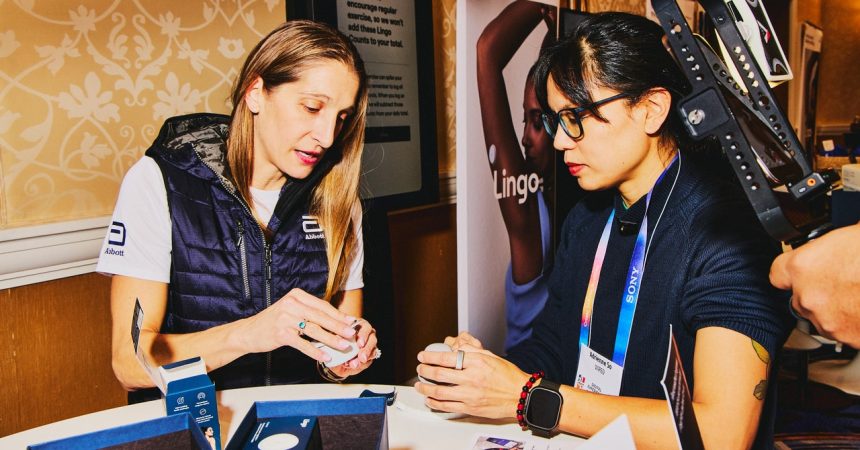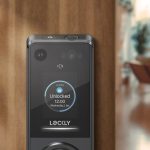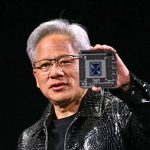The Consumer Electronics Show (CES) 2024 showcased a notable trend: the rise of home medical technology, even amidst a challenging year for the digital health industry. Withings, a prominent player in the health tech space, unveiled Cardio Checkup, an in-app service compatible with their ECG-enabled devices like the ScanWatch. This service provides quarterly heart health assessments and facilitates access to specialists directly through the app, offering a proactive approach to cardiovascular health management. This move highlights a broader push towards personalized and accessible healthcare solutions empowered by technology.
Simultaneously, Abbott debuted the Lingo biosensor, a device designed for continuous glucose monitoring. Unlike traditional finger-prick methods, the Lingo is inserted under the skin and provides real-time glucose data. This technology represents a significant advancement in diabetes management, potentially offering users more precise control and insight into their glucose levels. The introduction of such devices directly to consumers at CES indicates a growing trend of democratizing healthcare, shifting the power of monitoring and management from clinics to individuals.
However, this burgeoning field of home medtech faces challenges. A CNBC analysis revealed a significant downturn in the digital health market, with many companies experiencing losses or even shutting down. This “digital health reckoning” suggests a potential market saturation and a degree of consumer reluctance to adopt continuous health monitoring. While technology offers the promise of unprecedented access to health data, the sheer volume of information can be overwhelming, and the ability to act upon it often lags behind.
The author’s personal experience with the Abbott Lingo exemplifies this dichotomy. Despite initial apprehension about inserting the sensor under the skin, the process proved surprisingly simple and minimally painful. The Lingo, in its first night of use, revealed a previously unknown instance of nocturnal hypoglycemia, providing immediately actionable information. This personalized insight demonstrates the potential of such technology to empower users with data-driven health management. It contrasts with the broader concern that continuous monitoring can produce a deluge of data without necessarily leading to positive behavioral change.
The anecdote also highlights the changing landscape of healthcare. Traditionally, discovering a health issue like hypoglycemia would involve multiple doctor visits and tests. The Lingo, however, provided this information overnight, allowing for immediate adjustments to diet and lifestyle. This shift towards real-time, personalized health data has the potential to revolutionize preventative care and empower individuals to take control of their well-being.
Despite the current market challenges and consumer hesitations, the presence of technologies like the Withings Cardio Checkup and Abbott Lingo at CES underscores the continuing evolution of home medtech. These innovations offer a glimpse into a future where individuals have access to sophisticated diagnostic and monitoring tools in the comfort of their homes. While questions remain about data overload and the translation of information into action, the potential of these technologies to transform healthcare remains significant. The key moving forward will be to refine these tools, making them less invasive, more user-friendly, and seamlessly integrated into daily life, while simultaneously focusing on actionable insights and supporting individuals in making meaningful changes based on the data they receive. The challenge lies not just in collecting data, but in empowering individuals to use that data to live healthier lives.



